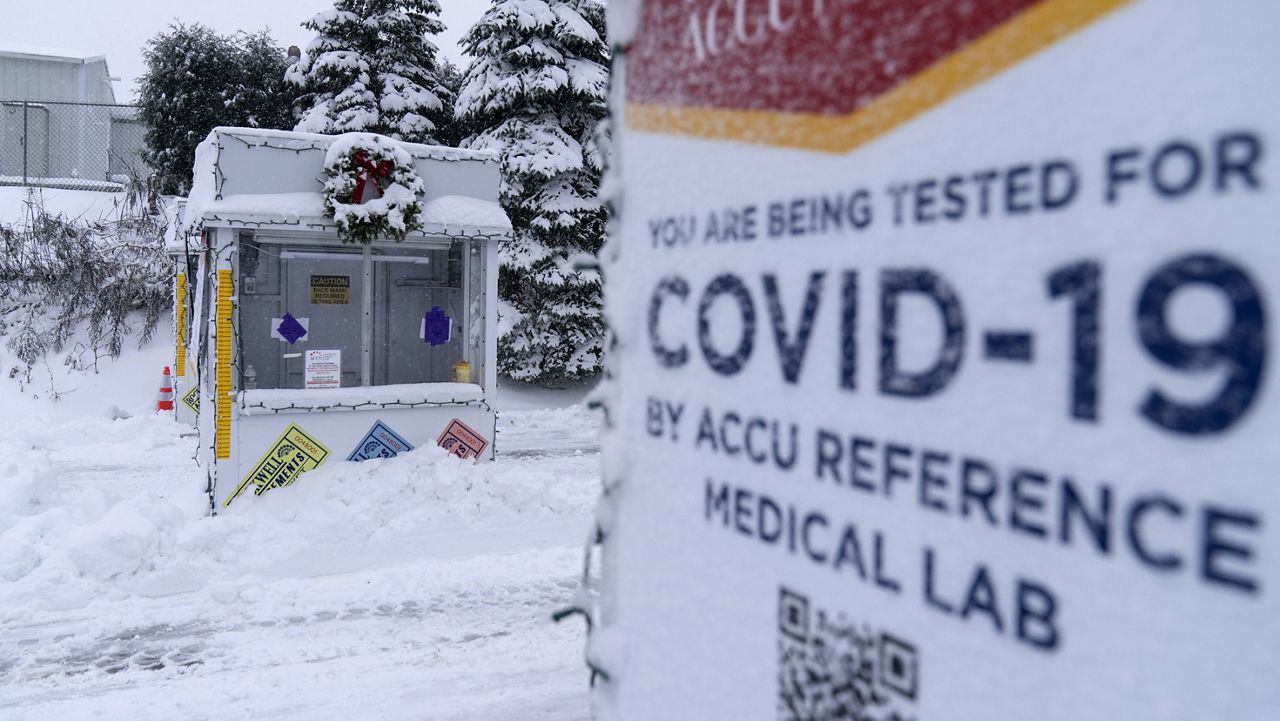Doctors are finding that a small number of patients have developed severe psychotic symptoms weeks after contracting the novel coronavirus.
What You Need To Know
- Doctors are finding that a small number of patients have developed severe psychotic symptoms weeks after contracting the novel coronavirus
- Some patients who had no history of psychosis described to doctors that they had delusions that made them want to kill family members
- Experts increasingly believe brain-related effects of COVID-19 may be linked to the body’s immune system response and possibly to vascular problems or inflammation caused by the disease
Among the examples described by The New York Times were a 42-year-old New York mother who said she had visions of her children being murdered and that she herself had made plans to kill them; a 36-year-old North Carolina mom who tried to pass her kids through a fast-food drive-through window because she believed they would be kidnapped; and a 30-year-old New York City man who tried to strangle his cousin because he believed his own life was in danger.
A study published in September in the journal Psychiatry Research found 10 patients at a Spanish hospital who were infected with COVID-19 had psychotic symptoms despite no previous history of psychosis. A British study, published in the journal Lancet Psychiatry, examined 153 patients hospitalized with COVID-19 and found that 10 had “new-onset psychosis.” The Times reported that a New York psychiatric hospital had seen several similar cases and that medical professionals in coronavirus-related social media groups said they’d seen such cases as well.
Many of them were otherwise mild coronavirus cases.
Experts increasingly believe brain-related effects of COVID-19 may be linked to the body’s immune system response and possibly to vascular problems or inflammation caused by the disease, the Times reported.
It can be unclear how long the symptoms might last, and some of the patients who developed psychosis were hospitalized for weeks before doctors found the right medication for them, according to the newspaper.
Most of the patients were in their 30s, 40s or 50s, which is a rare age range to develop psychosis, Dr. Hisam Goueli, a psychiatrist at South Oaks Hospital in Amityville, New York, told the Times.
Experts don’t know whether a person’s genetic makeup or previously undetected predisposition for psychiatric illness puts them at greater risk.
Cases of psychosis have been linked to other viruses as well, including coronaviruses SARS and MERS and the 1918 Spanish flu.



